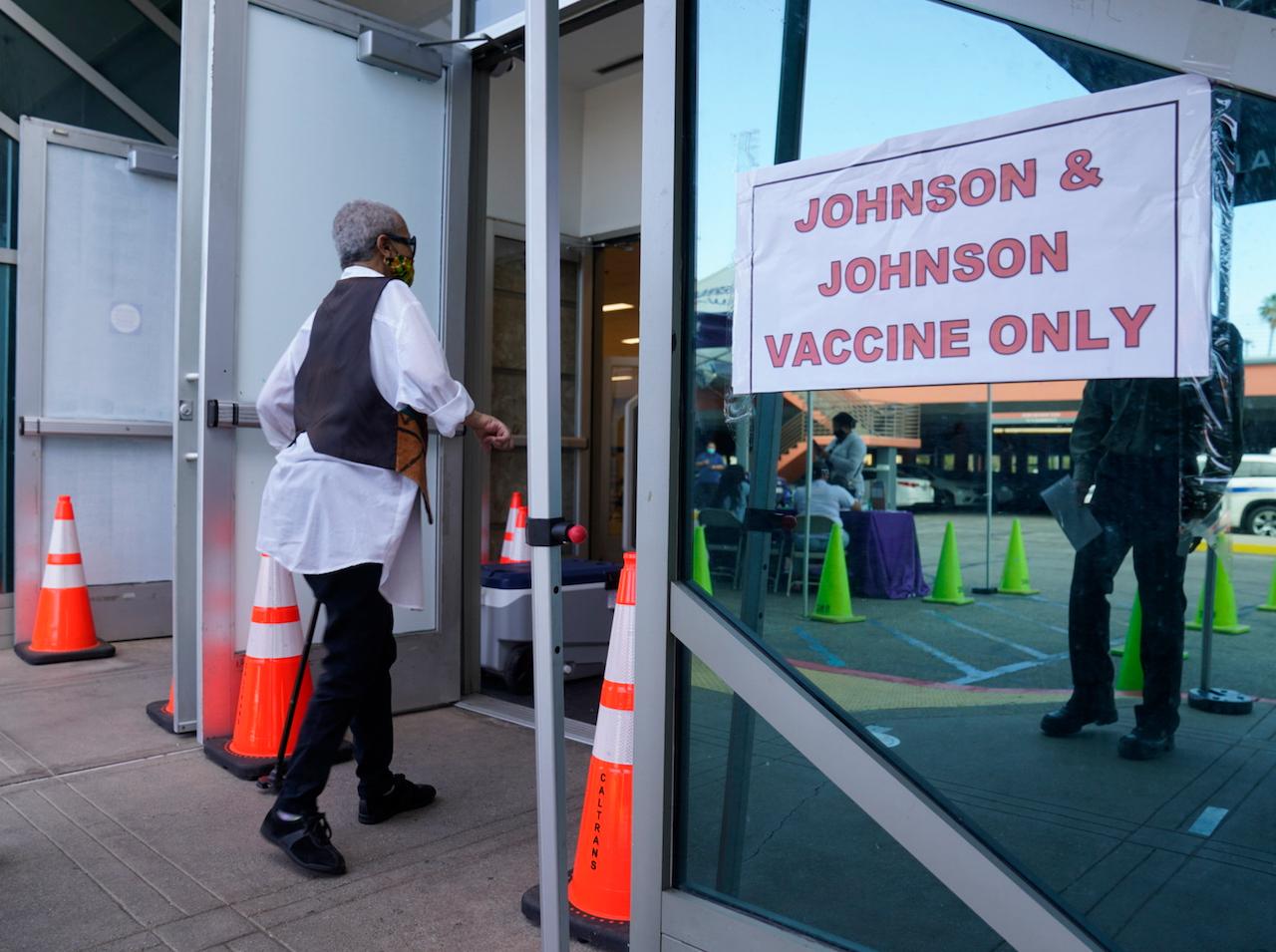Countries pause J&J vaccine rollouts over rare blood clots
All six cases were women aged between 18 and 48, with symptoms appearing six to 13 days after vaccination.
Just In
The US, South Africa and European Union are all temporarily halting their rollouts of the Johnson & Johnson Covid jab, after reports of blood clotting.
Six cases were detected in more than 6.8 million doses of the vaccine administered, the US Food and Drug Administration (FDA) said.
Johnson & Johnson has paused its EU rollout, which started this week.
The FDA said it was recommending the temporary pause “out of an abundance of caution”. It confirmed that one patient has died from blood clotting complications, and another is in a critical condition.
All six cases were women aged between 18 and 48, with symptoms appearing six to 13 days after vaccination.
Following the advice, all federal sites in the US have stopped using the vaccine until further investigations into its safety are completed. State and private contractors are expected to follow suit.
Johnson & Johnson is a US health care company, but the vaccine was developed mainly by its pharmaceutical branch in Belgium and is also known as Janssen.
Unlike some of the other jabs, it is given as a single shot and can be stored at normal refrigerator temperatures, making it easier to distribute in hotter climates or more remote areas.
While many countries have pre-ordered millions of doses, it has only been approved in a few nations.
The World Health Organization told Reuters it was monitoring the situation and waiting for reports from US and European regulators.
Governments around the world have cautiously begun to link these rare blood clotting incidents to the vaccine because of their unusual presentation, though the link hasn’t been definitively proven.
The Johnson & Johnson and AstraZeneca vaccines work in very similar ways.
For the AstraZeneca jab blood clotting has been estimated to affect one-in-a-million. There have been six cases out of 6.8 million doses of the Johnson & Johnson jab.
Subscribe to our newsletter
To be updated with all the latest news and analyses daily.
